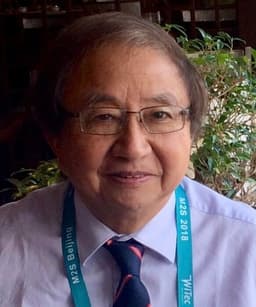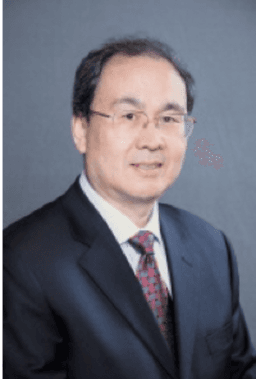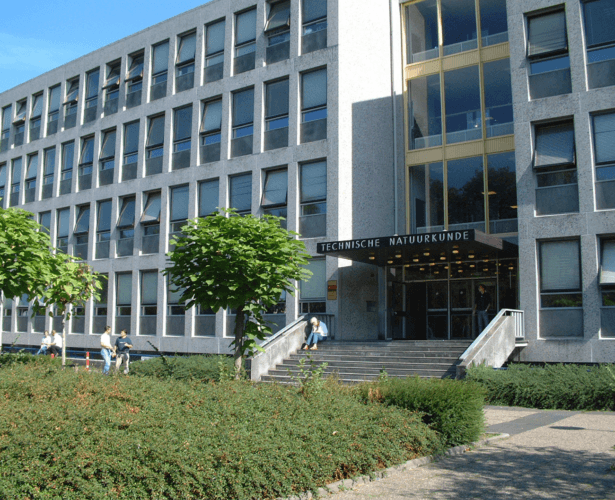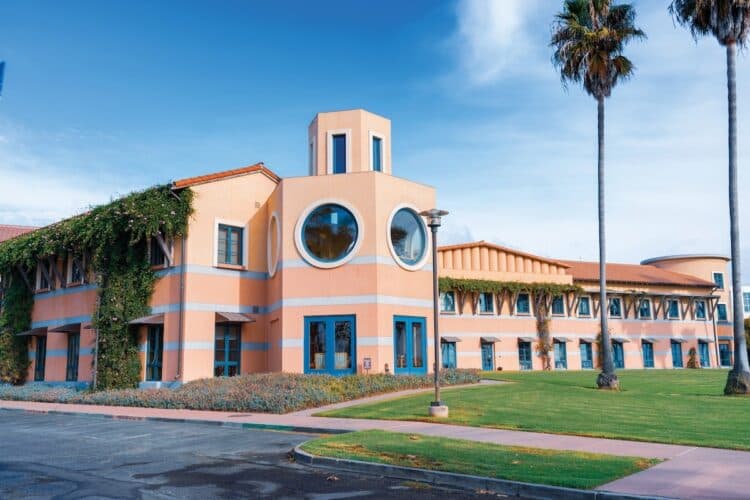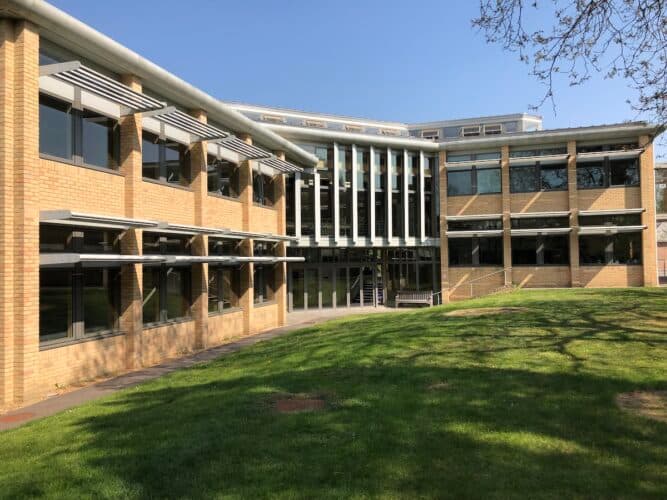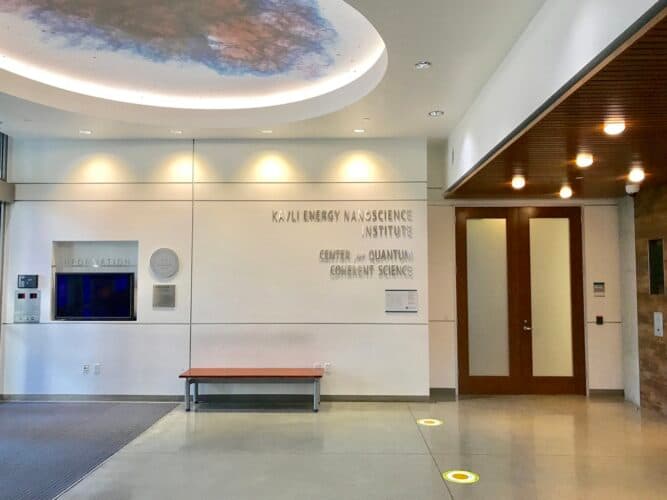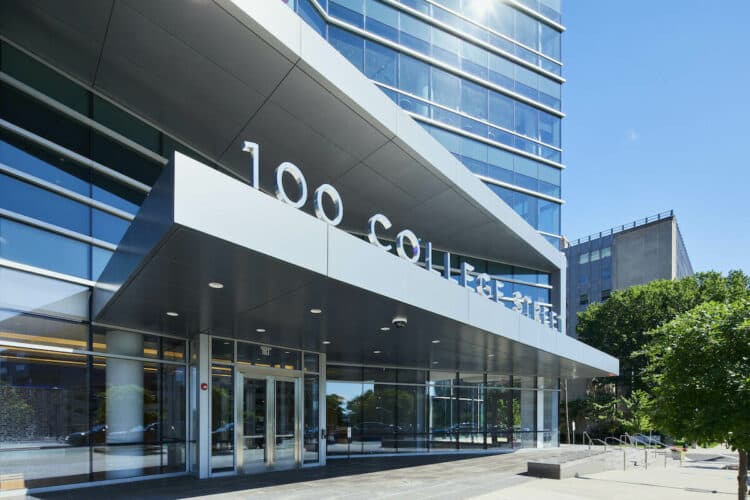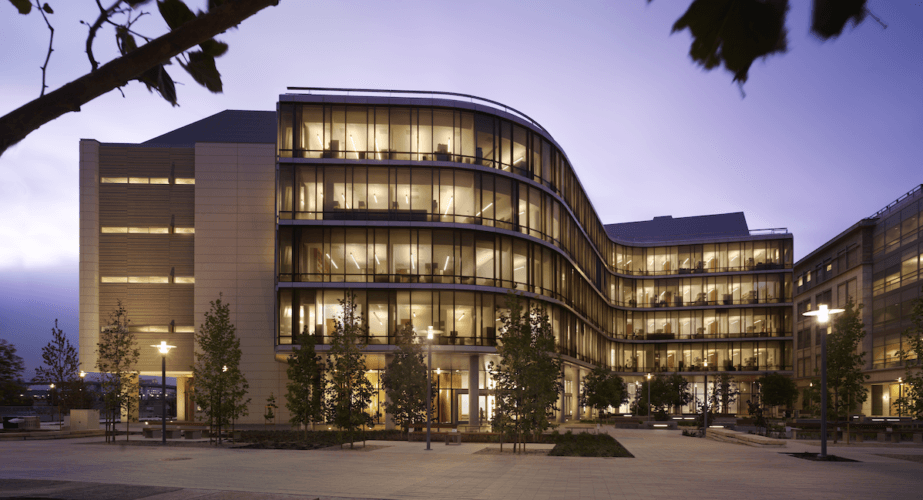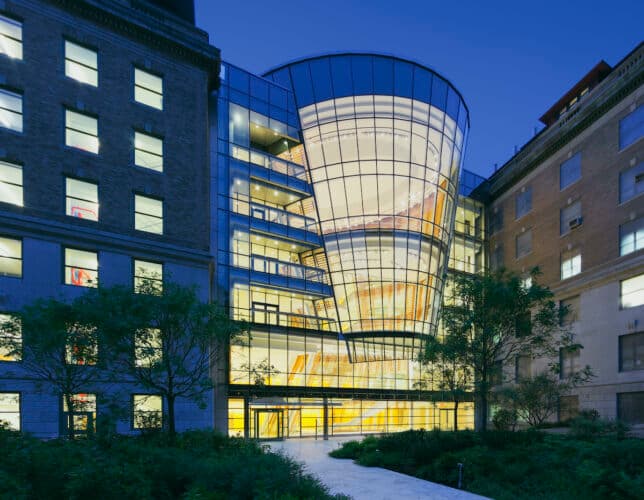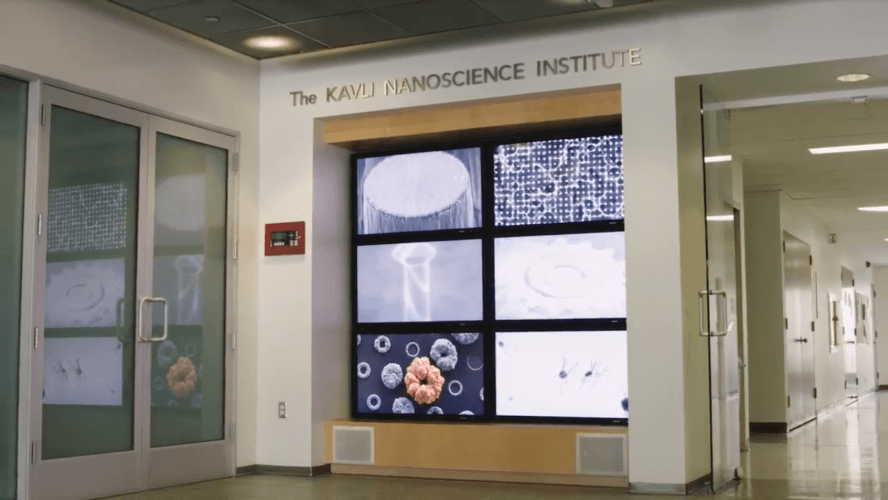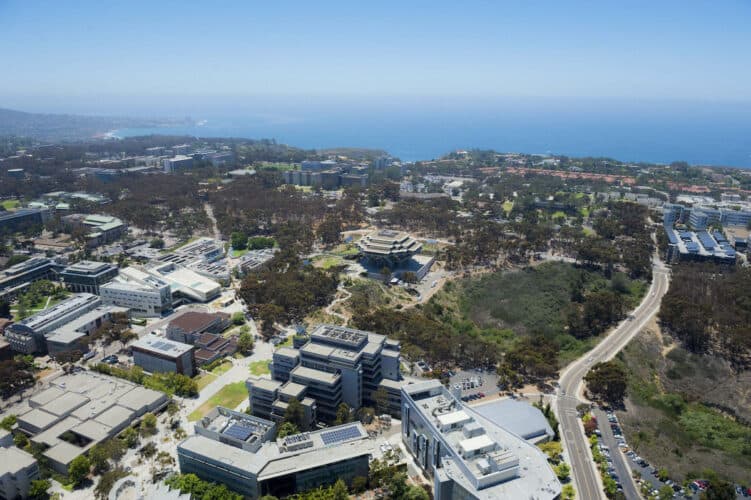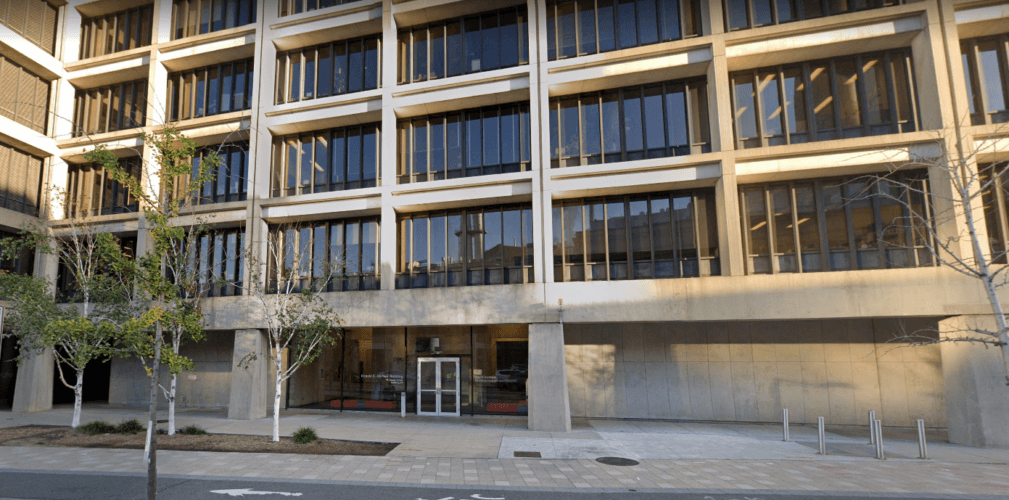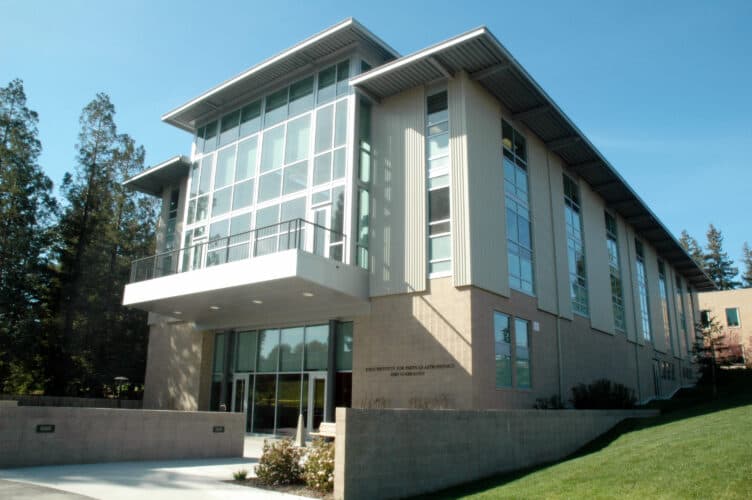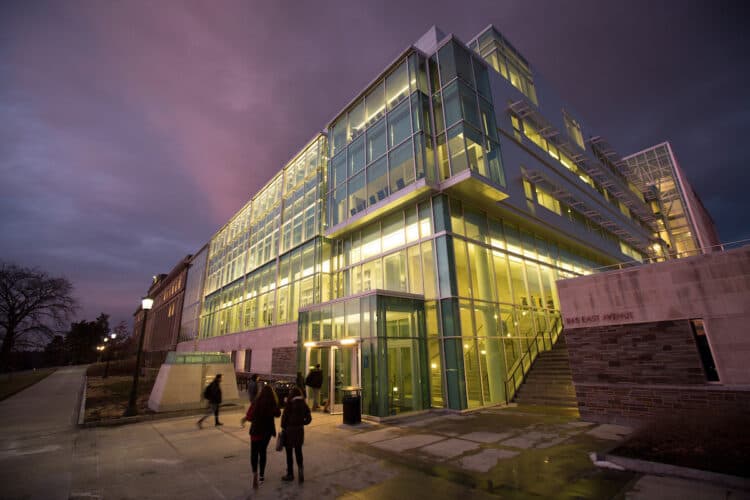
University of Chinese Academy of SciencesKavli Institute for Theoretical Sciences
Promoting the exchange of scientific ideas and pursuing knowledge in theoretical physics
The Kavli Institute for Theoretical Sciences (Kavli ITS) at the University of Chinese Academy of Sciences (UCAS) in Beijing aims to become an international center of excellence in theoretical physics and related fields.
FOUNDED: 2016
Leadership
AREAS OF INQUIRY
- CONDENSED MATTER PHYSICS: the physics of matter in a condensed state, from magnets to semiconductors to superconductors and other quantum materials, and topological matter.
- BIOPHYSICS AND QUANTITATIVE BIOLOGY: an interdisciplinary field to study biology by using more quantitative methods.
- FIELD THEORY AND ELEMENTARY PARTICLE PHYSICS: describing the properties of and interactions between the elementary constituents of matter.
- QUANTUM INFORMATION AND QUANTUM COMPUTING: applying fundamental properties of quantum mechanics to information and computing.
- QUANTUM CHEMISTRY: a branch of chemistry in which quantum mechanics is applied to chemical systems.
More Institutes
At Kavli Institutes around the world, scientists explore the frontiers of science in the fields of astrophysics, nanoscience, neuroscience and theoretical physics.
See all institutesNanoscience
Delft University of Technology, Netherlands
Neuroscience
Johns Hopkins University
Neuroscience
Norwegian University of Science and Technology
Astrophysics
Peking University-Beijing
Theoretical Physics
University of California, Santa Barbara
University of Tokyo
Neuroscience
Columbia University
Astrophysics
University of Cambridge
Nanoscience
University of California, Berkeley
Astrophysics
University of Chicago
Neuroscience
Yale University
Neuroscience
University of California, San Francisco
Neuroscience
Rockefeller University
Nanoscience
California Institute of Technology
Nanoscience
University of Oxford
Neuroscience
University of California, San Diego, and the Salk Institute for Biological Studies
Massachusetts Institute of Technology
Stanford University
Cornell University
